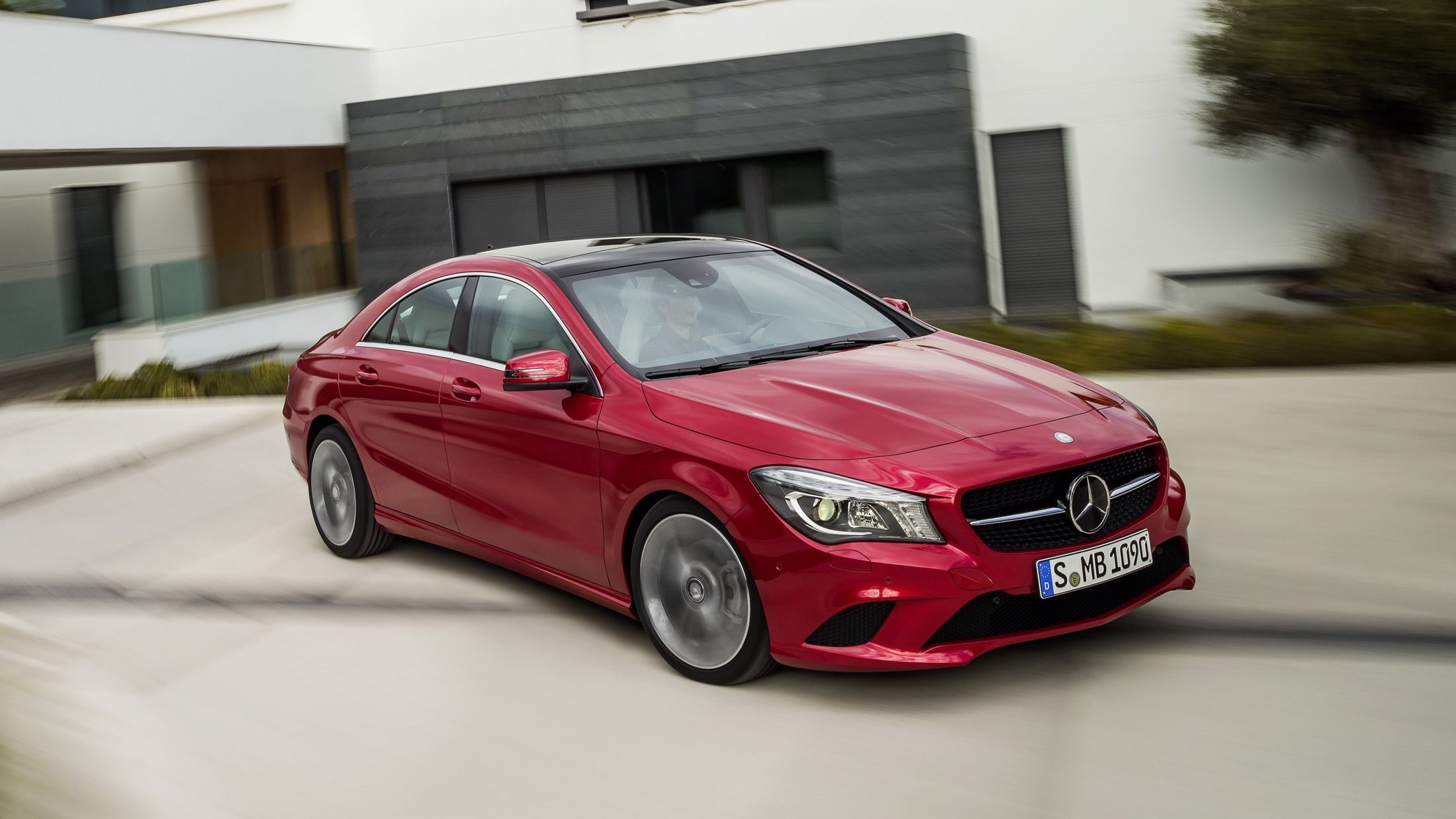Five years after establishing a strategic cooperation, Daimler AG, Mercedes-Benz’s->ke187 parent company, and the Renault->ke72-Nissan->ke62 Alliance have announced a joint effort to build a new manufacturing facility in Aguascalientes, in central Mexico.
The new collaborative effort, dubbed COMPAS (Cooperation Manufacturing Plant Aguascalientes) will be owned 50/50 between Daimler and Nissan, with the partnered companies investing $1 billion total toward its completion and operation.
The new facility will be located close to Nissan’s Aguascalientes A2 plant, which was built over two decades ago, and will come with an initial annual production capacity of 230,000 units, creating an estimated 3,600 jobs by 2020. According to a press release, the plant may see increased capacity in the future if demand and market development warrant (previous reports indicated figures of up to 300,000 vehicles per year, with 5,700 employees).
The plant will see the first production of Infiniti vehicles in 2017, and Mercedes vehicles in 2018. The companies refrained from stating exactly which models will be built at the new plant, but previous reports indicate the next-gen Mercedes GLA->ke4658 compact SUV->ke145 and new Infiniti models are on the docket.
Daimler and Nissan will also produce the next-gen premium compacts at other locations around the world, such as Europe->ke139 and China.->ke2090
It was announced in June of last year that Daimler and Nissan would work together to create the next-generation of premium compacts->ke140 for both brands, cooperating closely at each stage of the development process.
Continue reading for the full story.
Why it matters
The collaboration between Daimler and the Renault-Nissan Alliance began in April of 2010 with three “pillar projects,” including a platform for the next-gen Smart->ke83 car from Daimler. Since then, the collaboration has grown to 12 projects spanning Europe, the Americas and Japan.->ke138
This new production facility illustrates an emerging industry trend of mergers and consolidations, to maximize resources, optimize costs and minimize development overlap. The trend is seen not only between companies, but within individual automakers as well, with flexible vehicle architectures and modular platforms used for a variety of models.
However, this latest cooperation between Daimler and the Renault-Nissan Alliance is unique in that the two companies will utilize the same factory to build their cars, as opposed to merely sharing technologies, platforms or vehicle components.
So how exactly will two separate companies run the facility without a direct merger? Taking the lead will be an international management team consisting of top brass from both Daimler and Nissan, with the decision-making process supported by a Board of Directors made up of three executives each from Nissan and Mercedes.
“With COMPAS, Mercedes-Benz Cars will for the first time have a production location for compact cars in the NAFTA region and will thus be able to serve its customers close to the market in a flexible and efficient manner,” said COMPAS CFO Uwe Jarosch.
In a globalized economy, efficiency means cutting out waste every step of the way. If Mercedes and Nissan can create products and get them to customers without crossing an ocean, everyone benefits.
This new plant also indicates big things to come from Nissan and Mercedes in terms of future compact offerings to the U.S. market. Expect a glut of new models from both makes in the next 5 years.

